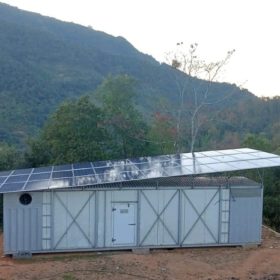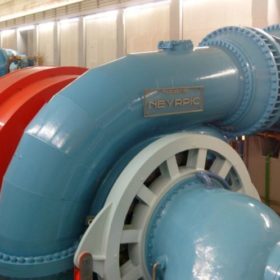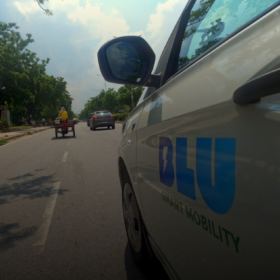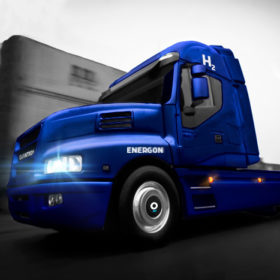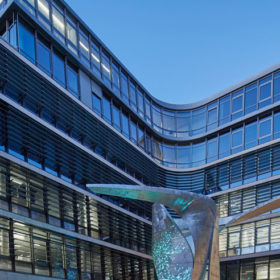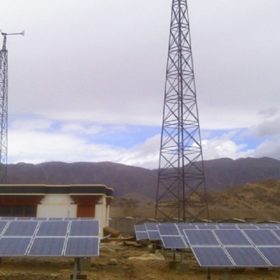Transition VC launches INR 400 crore fund for energy startups
Transition VC will invest seed capital in 40 startups across sectors such as e-mobility, green hydrogen, energy storage, net-zero buildings and climate-tech over the next three years.
NHPC and DVC to jointly develop pumped hydro storage projects
State-run hydropower producer NHPC Ltd is also entering green hydrogen production. To begin with, it will set up pilot green hydrogen projects in Leh and Kargil districts of the Indian union territory of Ladakh.
JSW Energy to re-organize renewable and thermal businesses
The private-sector power producer will group its renewable energy business under wholly-owned arm JSW Neo Energy as it targets growth in renewable energy generation, energy storage, and green hydrogen business.
bp invests in electric mobility startup BluSmart
The venture capital arm of British energy company bp has invested $13 million in BluSmart in a $25 million Series A funding round. The investment will help BluSmart bring its electric vehicles and charging stations to five major cities.
Mapping the future of cleaner transportation
Eight key developments are accelerating the advancement of electric vehicles. These range from the improvements in cost and performance of electric vehicle (EV) batteries to hydrogen-powered vehicles.
Siemens sees big opportunity in India for its electric mobility solutions
The company expects the first phase of growth in the Indian electric vehicle market coming from commercial vehicles. It has been quick to capitalize on the opportunity by partnering with Switch Mobility, the electric vehicle arm of commercial vehicle major Ashok Leyland.
India, Russia to fund joint R&D in clean energy
India’s Department of Science & Technology and the Russian Science Foundation (RSF) have launched a collaborative funding program for Indian and Russian researchers to jointly research clean energy, new materials, and smart transport.
Amplus Solar launches innovation challenge for clean energy start-ups
Applications are invited from start-ups with ready-to-deploy solutions in areas like distributed solar, Internet of Things (IoT) applications in energy, battery storage and electric mobility. Winners will be supported through seed capital to scale up.
Second-life energy storage winner in EDF’s startup contest
Bangalore-based Nunam—which enables second life for used lithium-ion battery cells—is the winner of Pulse India competition conducted by French energy giant EDF. The EDF contest aims at supporting Indian startups committed to developing low-carbon and sustainable energy solutions.
Sona Comstar, IIT Delhi launch incubation program for EV startups
The program aims at supporting the development of innovative electric vehicle (EV) solutions like extending range through battery capacity improvements, and battery management, fast charging infrastructure, and mobile charging solutions for emergencies. Two startups shall be supported each year with up to INR 80 lakh each to complete proof of concept and develop prototypes.
